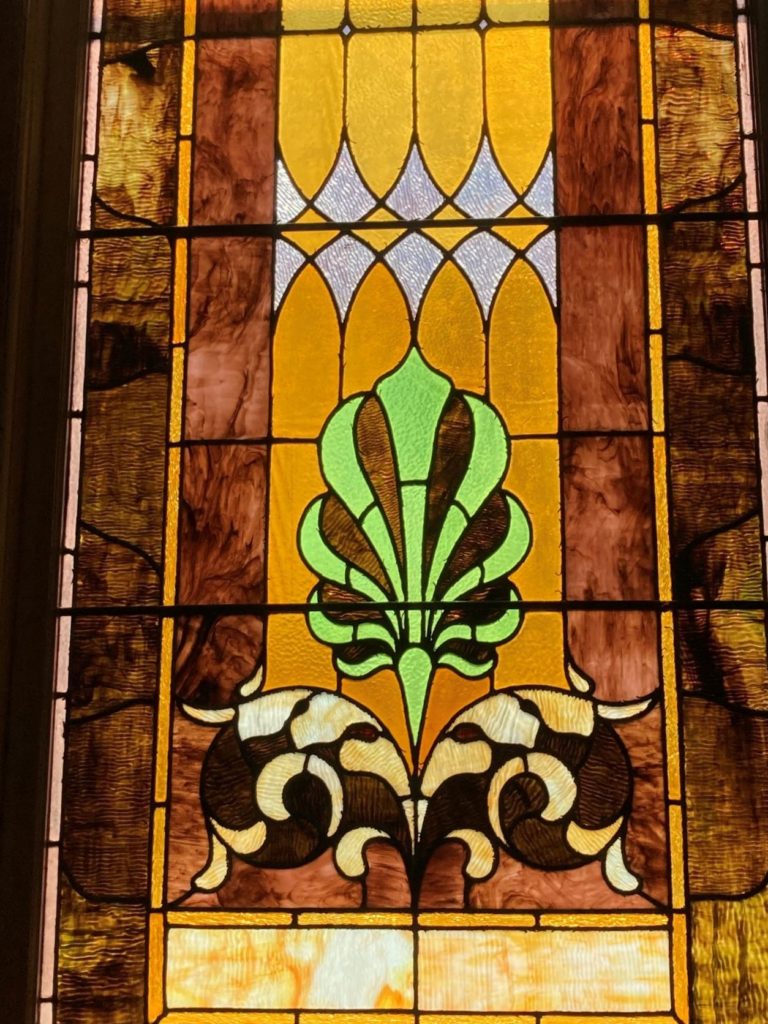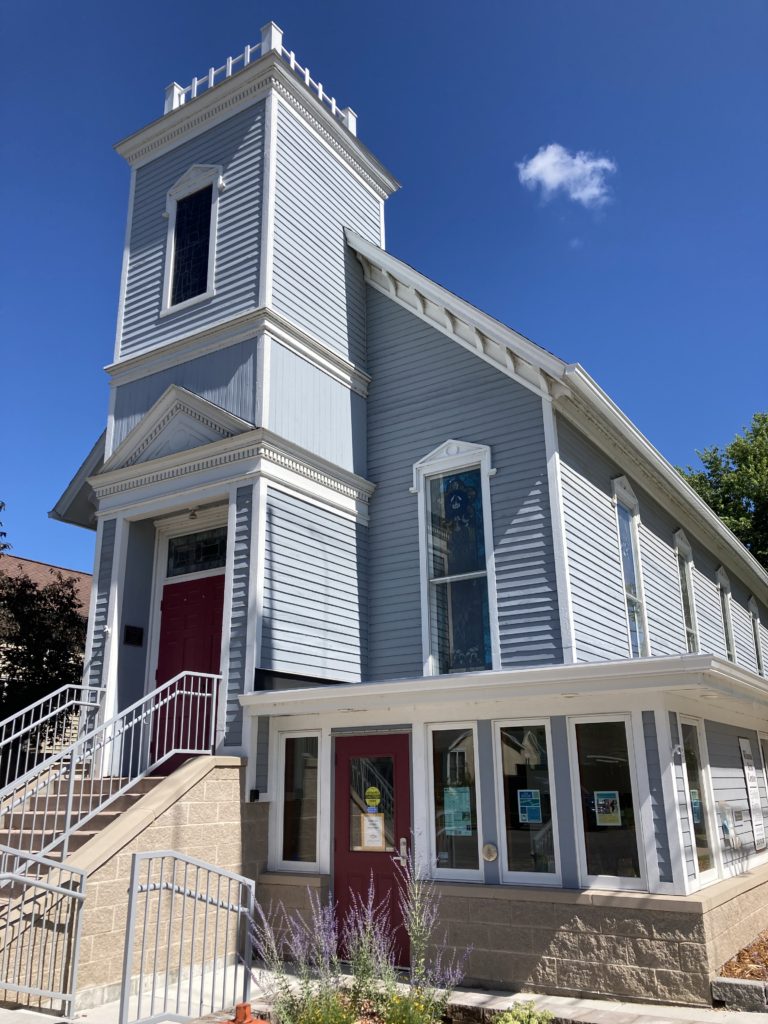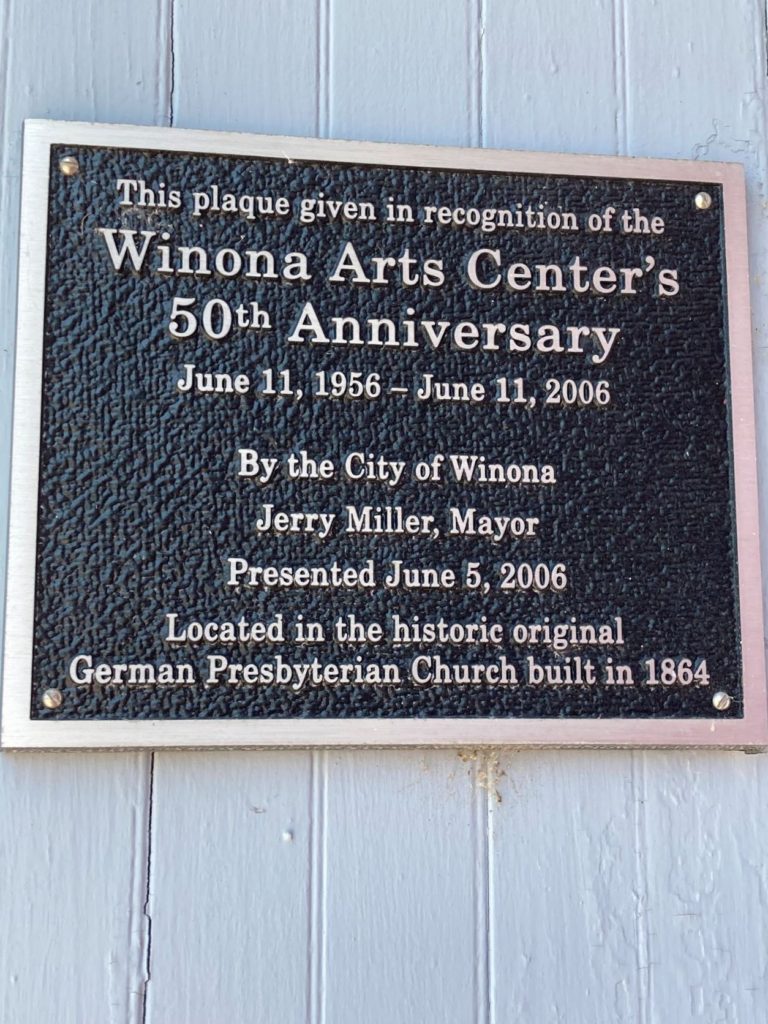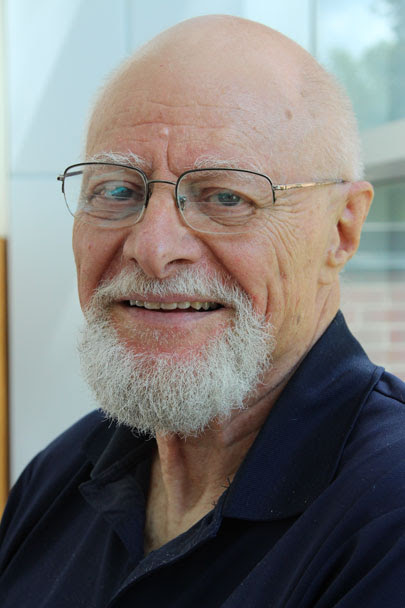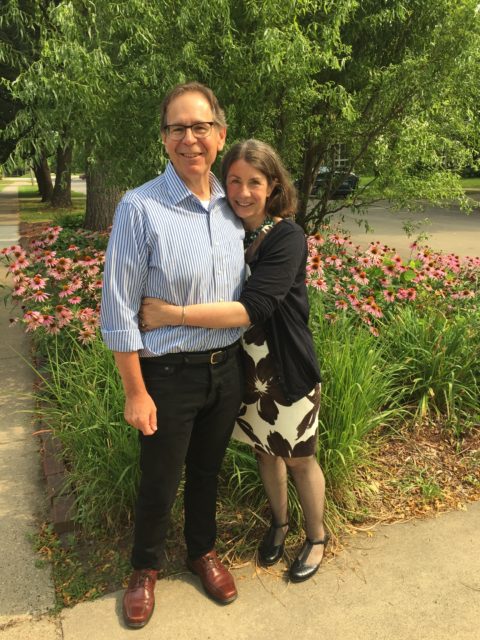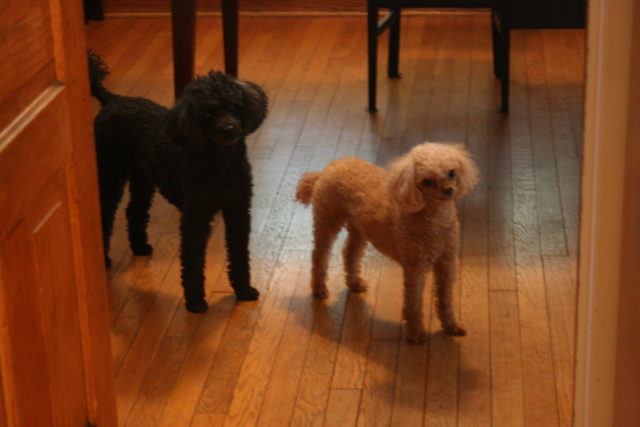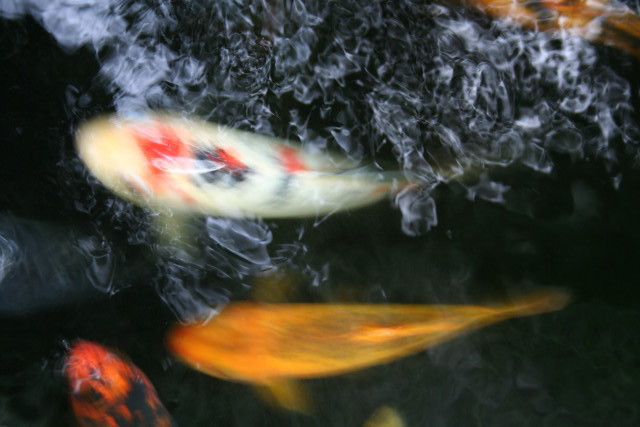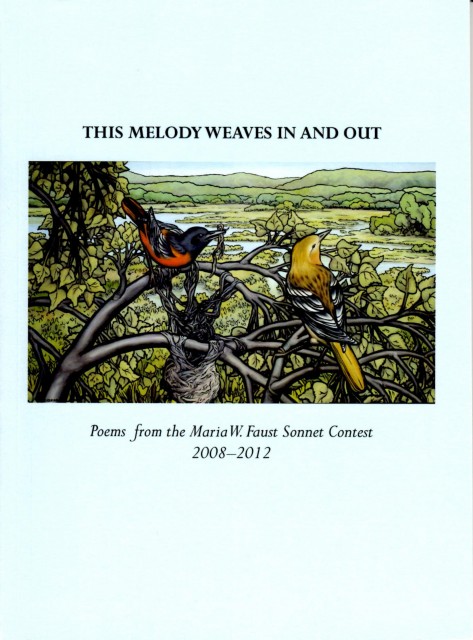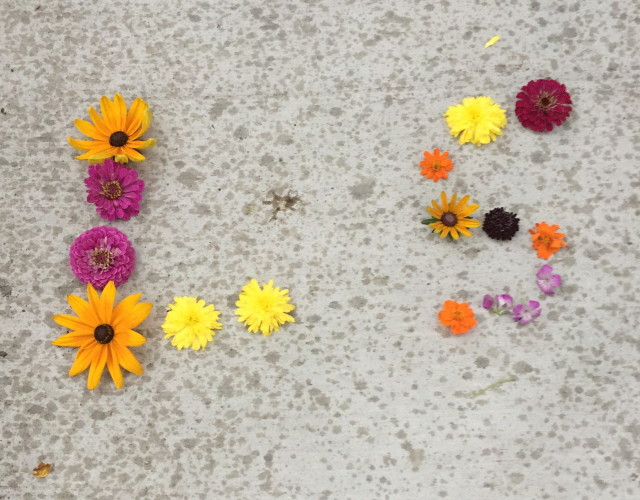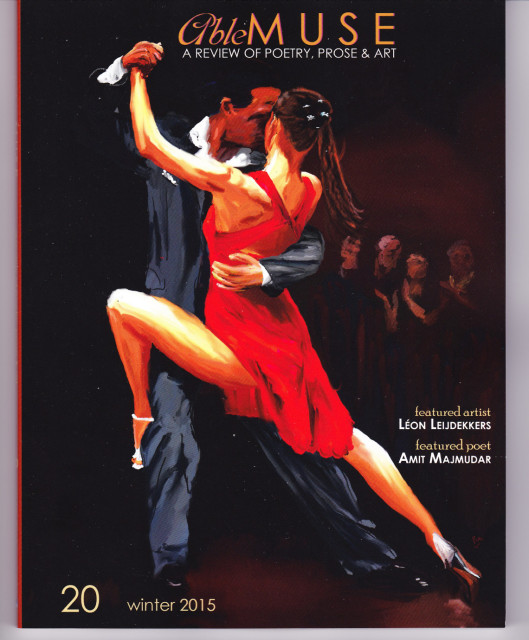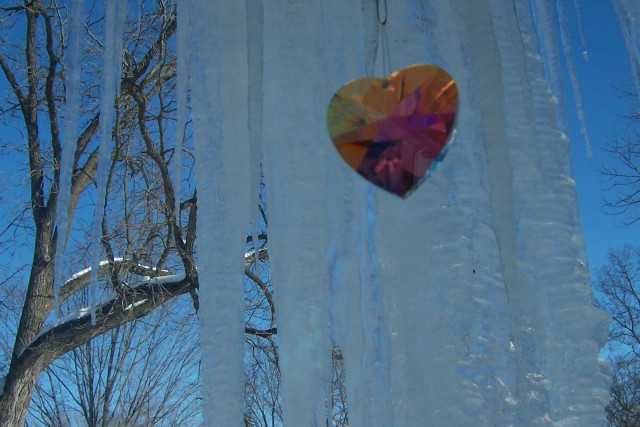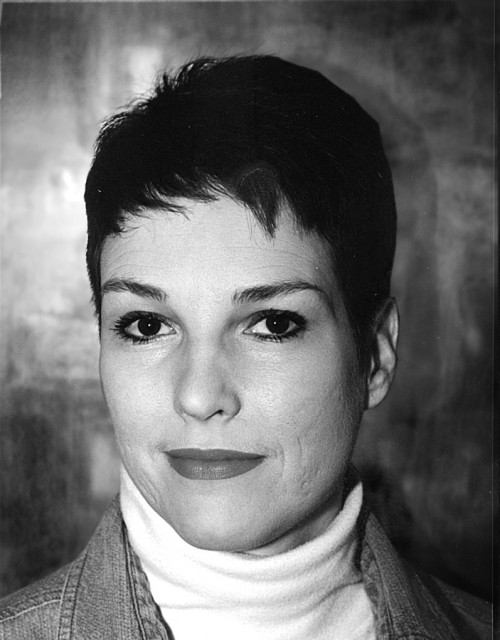
In 2022, for the second time, I was able to join in the judging of the Maria W. Faust Sonnet Contest. This phenomenal contest, now in its tenth year under the patronage of Ted Haaland, husband of the late Maria W. Faust, has grown from 85 entries in 2013. In 2022, 700 sonnets were received from 42 US states plus Washington, DC and 10 other countries—an increase of 15% over 2021. Entries in the Youth category jumped 50%. Through the
contest, poets around the world now know of Winona, Minnesota and its thriving arts community.
The contest encourages the creation of modern poems in sonnet form. It is made possible through the efforts of many, many people: not only the financial patronage and moral support of Ted Haaland (please see below for tributes to Ted in his tenth year as patron of the contest!) but also the dedication and vision of the Great River Shakespeare Festival, the Winona Arts Center, the River Arts Alliance, the contest judges (poets and long-time judges James Armstrong, Ken McCullough, Emilio DeGrazia, as well as, more recently, me,) and the “Sonnet Crew” led by Heidi Bryant and mightily assisted by Johanna Rupprecht, Steve Bachelor, and Jackie Henderson.
Click HERE to view the video of the closing ceremony held at the Winona Arts Center on Saturday, July 30, 2022. Hear a short statement by Contest patron Ted Haaland, as well as each of the sonnets read either by the winning poet or by Doug Scholz-Carlson or actor of the Great River Shakespeare Festival and the musical artistry of Winona’s woodwind quartet Flutistry. The Winona Post covered the event in two separate articles.
Tributes to Ted Haaland:
“Ted’s sponsorship of the Maria Faust Sonnet Contest makes Winona an international sonnet center. Poets who are challenged and inspired by the classical sonnet form now have a place to showcase their art. Thanks to Ted’s vision, area sonneteers—experts and novices alike—have the opportunity to attend poetry events, and young poets are being specifically encouraged to connect with the tradition. Ted has found an excellent way to spread his love of poetry and to help expand Winona’s reputation as an arts destination, and we are so grateful to him.” —Jim Armstrong
“Being a judge of the Maria W. Faust Sonnet Contest has been a boon to me personally, in my own writing. Reading so many sonnets has, by osmosis, calibrated my poem-making apparatus to 14 lines, mostly iambic pentameter; I get in, say what needs to be said, then get out. I know that I will have the opportunity to make several turns at critical junctures within those 14 lines. I still write an occasional longer poem, but the sonnet has converted me. Thanks to Ted Haaland’s generosity, our contest has grown exponentially, in quality and in reputation, and with it the receptivity of Winonans to poetry in general.” —Ken McCullough
“Ted Haaland knew too well how important honest and heart-felt words are. He had many for his beloved Maria and spent many hours honoring her with those he had crafted himself. He has been most generous in passing on to others, including the young, his sense that poetry is a vital sustainer of good life, especially in life’s darkest times.” —Emilio DeGrazia
“Ted Haaland is a generous-minded visionary. His love for his late wife, Maria, who was a
passionate supporter of the arts, has moved him not only to write his own sonnets, but also to celebrate and encourage the creation of new poems in this versatile and powerful sonnet form by more than a thousand poets, people he has never personally met. By his unwavering support, he has created a truly living memorial, not just to Maria, but to powerful comfort that love—and love of true, artfully rendered words—offers to us all.” —Leslie Schultz
Ted’s head is filled with words. Images and music find their place . . .
As the day unfolds, words react to something, escape, focus and
find themselves organized on paper,
Part of the day’s thought and experience, now captured in a poem.
The word supply in Ted’s head is inexhaustible. The words wait for a new
day’s living that will tickle them into action.
What a marvelous contribution Ted continues to make to our welfare honoring his wife in the Maria W. Faust Sonnet Contest.” —David Marshall
Click HERE to read the 2022 winning sonnets in a digital book form.
